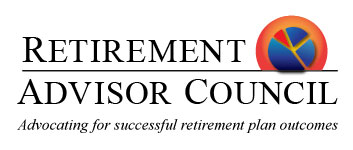Drafting comments to the Department of Labor over the last month, I reflected on the factors that might have inspired sensible regulators to be so focused on price as to conceive the idea of a guide to accompany lengthier 408(b)(2) disclosures. I have come to the conclusion that the culture of Cheap that has become dominant since 2008 is partly to blame. Necessity has brought millions to share the belief that cheap is good. Eager to cater to an audience struggling with declining personal incomes, opinion leaders in the media and policymaking circles reinforced the notion in articles, public speeches, blogs, and social media posts. The show Extreme Cheapskate televised on TLC epitomizes the cultural wave. Imbued by the dominant culture, many American workers accept it as self-evident that cheap is good.
To some extent, the retirement plans industry benefits of cheapskates’ rise in popularity. The allure of conspicuous consumption impeded babyboomers’ ability to achieve retirement success en masse. When tightwads are hip and saving is in, money flows to retirement coffers more readily. Millennials appear on track to achieve retirement success in greater numbers. It behooves the industry to make this trend a lasting one. However, it is important that we not get enitrely caught up in the cultural trend. Cheap comes at a price. Often, cheap is in bad taste; or cheap breaks down easily. There are reasons why employers should not buy their retirement plan services on Craigslist or at the Goodwill store. Plan fiduciaries have an obligation to ensure compensation paid for services provided is reasonable, but they also must act prudently in the interest of participants.
Emphasizing cost and downplaying benefits in the content of disclosures affects plan sponsors’ choice architecture at the detriment of American workers’ retirement success. A retirement plan decision maker’s obsession to achieve everyday low cost can affect retirement readiness in undesirable ways. The urge to cut corners may lead to reductions in services such as participant counseling or in-person plan reviews that undermine the effectiveness of the national retirement system. Keeping policy makers (regulator or lawmaker) and decision makers (plan sponsor, committee member, advisor, legal counsel, service provider, or investment manager) focused on acting with prudence is critical to the integrity of the system.







































